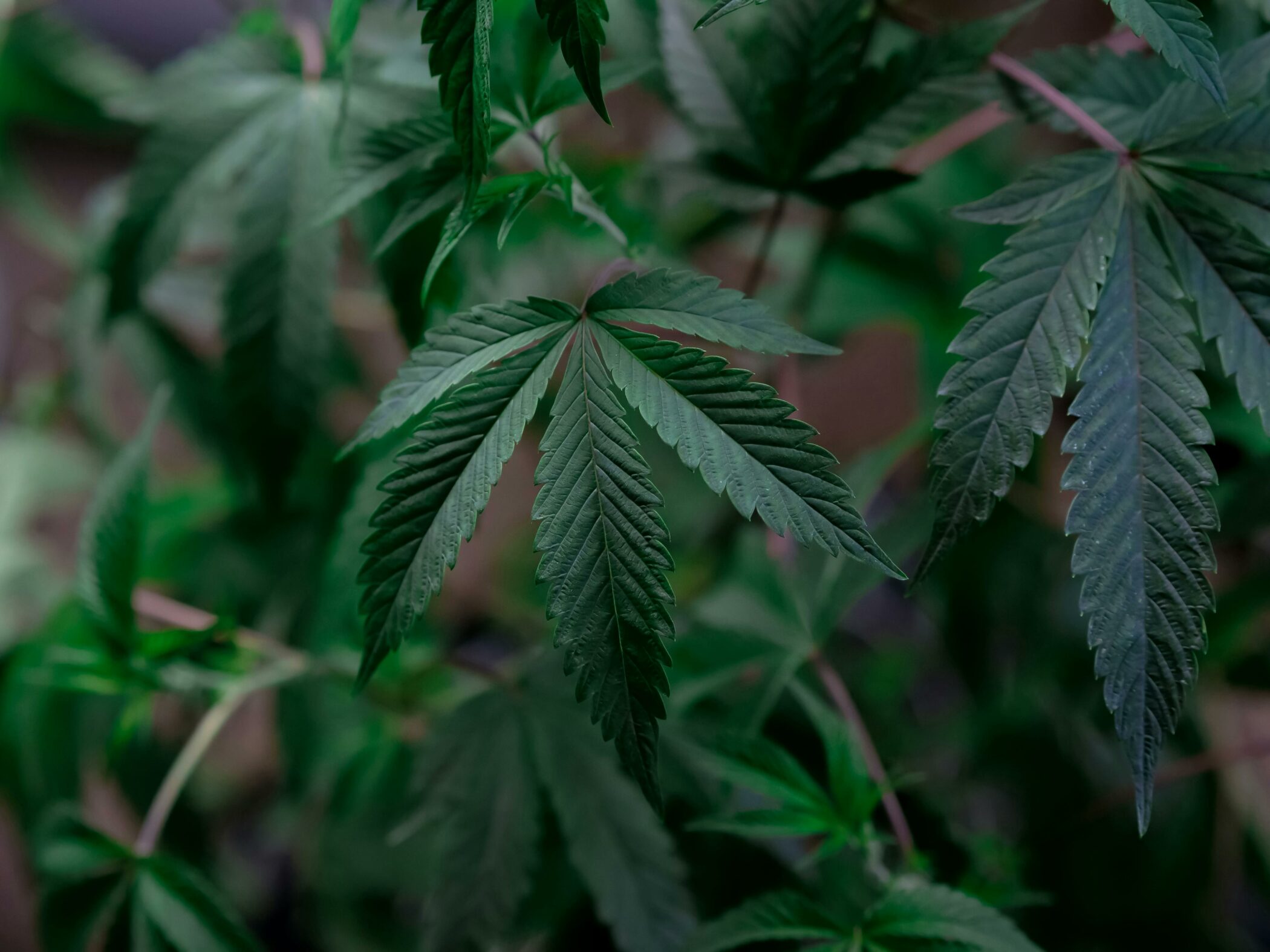Texas Broadens Medical Cannabis Access Amid THC Policy Shift
LOS ANGELES- Texas has enacted House Bill 46, expanding its Compassionate Use Program for medical cannabis. The law, effective September 1, adds qualifying conditions such as chronic pain, Crohn’s disease and traumatic brain injury. It raises the per‑dose THC limit from 1 percent by weight to 10 mg (max 1 g per package), allows prescribed inhalers and vaporizers, and increases the number of licensed dispensers from three to potentially 15, enabling up to 12 satellite locations .
This expansion aims to reduce patient costs and access challenges. Licensed producers have cited Florida’s experience, where similar reforms saw product prices fall from around $60–80 to $20 within two years . Industry leaders argue increased scale and delivery options will enable greater market efficiency and reach.
Meanwhile, Texas Governor Greg Abbott vetoed Senate Bill 3, which would have banned all consumable hemp-derived THC products (including delta‑8), citing threats to a $5 billion hemp sector with more than 53,000 jobs. Hemp retailers and medical cannabis operators welcomed the veto as protection for the hemp industry and related employment .
However, the proposal revealed deep regulatory gaps. Lt. Governor Dan Patrick urged outright prohibition, calling THC products “very dangerous” and expressing concerns over testing accuracy . Abbott countered that a regulatory framework more similar to alcohol—set to include age limits, marketing restrictions, and lab testing—would better serve public safety without disrupting commerce




































